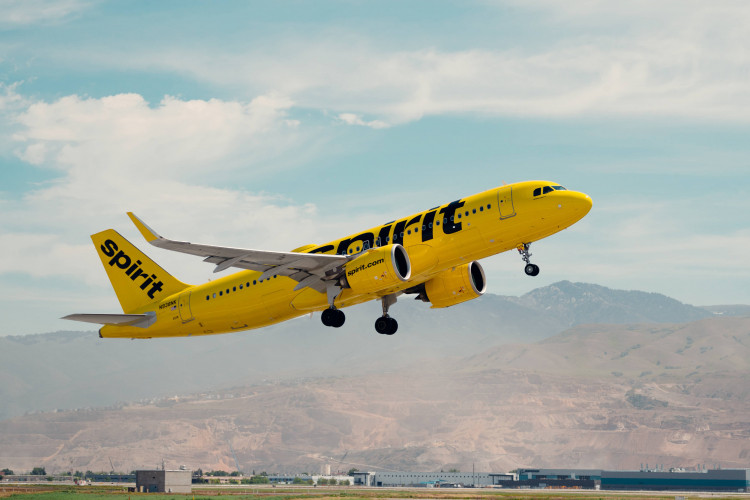In a bold move to elevate its brand and attract a broader range of travelers, Spirit Airlines announced a significant overhaul of its fare structure on Tuesday. Known for its budget-friendly approach, the Florida-based carrier is set to introduce new service packages that bundle various amenities previously offered à la carte. This strategic shift comes as Spirit grapples with challenges including a blocked takeover by JetBlue, engine recalls, and stiff competition in a saturated domestic market.
Starting August 27, Spirit will offer four distinct categories of service designed to cater to different traveler needs and budgets. The most premium offering, "Go Big," will include a seat in the airline's Big Front Seats, complimentary Wi-Fi, a checked bag, cabin luggage, and unlimited snacks and drinks, including alcoholic beverages. This package is tailored to travelers seeking a more luxurious experience without compromising on affordability.
Ted Christie, Spirit's CEO, emphasized the airline's commitment to providing value while expanding its market reach. "We realized that we were ceding other markets to competitors," Christie said in an interview with CNBC. "Now, we're saying we can still offer low fares but also compete for customers who want a more premium experience and are willing to pay for it."
Below the "Go Big" package, Spirit will offer "Go Comfy," which provides standard legroom with a blocked middle seat for added space, early boarding, one snack, one non-alcoholic beverage, and both checked and carry-on baggage. "Go Savvy" includes either a checked bag or a carry-on, while the basic "Go" fare remains unchanged, offering just a seat with additional fees for extras like checked bags, Wi-Fi, and snacks.
This move is a response to the airline's recent financial performance and market dynamics. Earlier this month, Spirit warned of a wider-than-expected loss due to lighter-than-forecast non-ticket revenue, which includes fees for services like baggage and seat selection. The carrier also hinted at potential pilot furloughs, highlighting the need for strategic adjustments to boost revenue.
Spirit's decision to revamp its services follows similar trends in the industry. Southwest Airlines recently announced plans to introduce "premium" seats with more legroom, and Frontier Airlines began offering blocked middle seats for a higher price earlier this year. These changes reflect a broader industry push to cater to varying passenger needs while maintaining competitive pricing.
Christie noted that despite the challenges, Spirit's domestic market share is growing, particularly in North America, where volume increased by 4% this quarter. He attributed this to the airline's effective promotions and the reluctance of consumers to trade down to private label goods. "Consumers are still choosing our products over others," he said.
To address these issues, Spirit is enhancing its customer experience with a new boarding process and priority check-in services starting August 27. The new boarding system will feature five groups, with priority boarding for "Go Big" and "Go Comfy" passengers, elite frequent flyer program members, Free Spirit World Elite Mastercard holders, and active-duty military personnel. This is expected to reduce boarding times and improve on-time performance.
Furthermore, priority check-in will be available for "Go Big" fare purchasers and top-tier frequent flyers at select airports, including major hubs like Atlanta, Dallas-Fort Worth, and New York's LaGuardia. This service aims to streamline the airport experience for premium customers, aligning with Spirit's goal to attract more discerning travelers.





